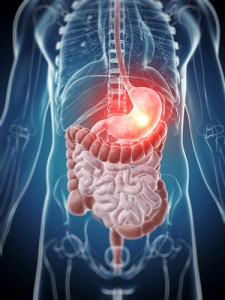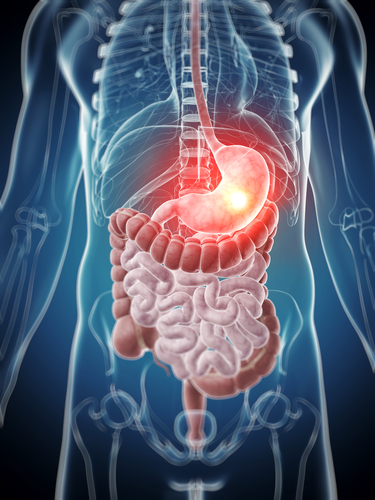 Celgene International Sàrl has announced that it will present at the United European Gastroenterology Week in Vienna, Austria, in the Section dedicated to New drugs for Inflammatory Bowel Disease. Celgene’s presentation will focus on the results from a phase II clinical trial that evaluated an oral, topically active Smad7 antisense oligonucleotide, called Mongersen, in patients with active Crohn’s Disease.
Celgene International Sàrl has announced that it will present at the United European Gastroenterology Week in Vienna, Austria, in the Section dedicated to New drugs for Inflammatory Bowel Disease. Celgene’s presentation will focus on the results from a phase II clinical trial that evaluated an oral, topically active Smad7 antisense oligonucleotide, called Mongersen, in patients with active Crohn’s Disease.
Inflammatory Bowel Disease (IBD) comprises a group of diseases characterized by chronic inflammation particularly of the colon and small intestine. The two main types of IBD are Crohn’s disease (CD) and Ulcerative Colitis (UC).
CD patients have an exacerbated response of their own immune system, triggered by a deficient activity of immunosuppressive cytokines, such as the transforming growth factor (TGF)-β1. The defective activity TGF-β1 is due to high levels of Smad7, an intracellular protein that by binding to TGF-β1 receptor prevents TGF-β1 activating signaling pathways. Mongersen (GED-0301) is an antisense oligonucleotide that decreases SMAD7 protein by targeting Smad7 messenger RNA (mRNA). The drug was designed to be released at the extremity of the small intestine (the terminal ileum) and near colon extremity (right colon), common areas affected in CD patients.
The results that will be presented are from a double-blind, placebo-controlled trial that determined Mongersen’s efficacy in steroid-dependent or steroid-resistant CD patients for two weeks, compared to placebo. The study’s primary endpoint was clinical remission and safety, and the secondary endpoint included clinical response. Mongersen was administered in daily doses of 10, 40 or 160 mg.
The phase II trial successfully induced significant clinical remission in Mongersen-treated patients (with 40 and 160 mg/day) when compared to placebo, within four weeks of the beginning of treatment. All Mongersen tested doses improved the rate of clinical response with adverse effects being similar in all groups. In sum, Mongersen was well tolerated and no toxicities were observed upon treatment.
Scott Smith, President, Celgene Inflammation and Immunology commented, “GED-0301, a first-in-class oral antisense therapy, has the potential to change the treatment landscape for Crohn’s disease. Celgene is excited to pursue the clinical development program for this novel therapy in phase III trials in the near future.”

